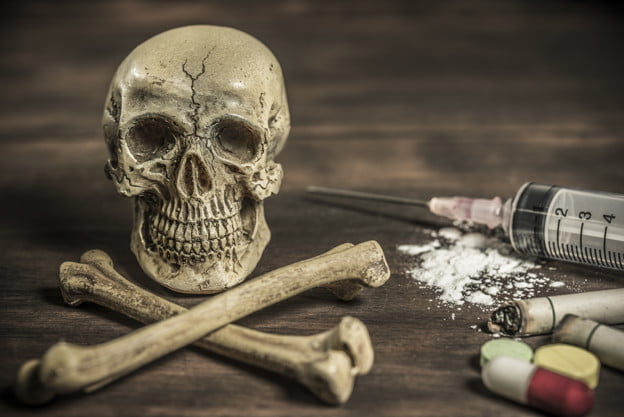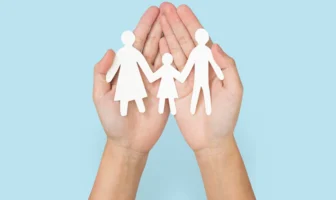
There is no doubt that a lot of positive conversation is taking place around Drug Recovery and Rehabilitation. This is definitely a far cry from what happened before when individuals that had such issues were ostracized by society.
In recent years, medical experts, counselors, and governments have taken proactive steps to help individuals who are looking to recover from the problem of drugs in our society.
Treatment is a long-term undertaking for certain people, including alternative therapies and ongoing surveillance.
Treatment methods:
Addiction should be addressed through a combination of models and strategies. Individuals addicted to heroin are advised to use treatment drugs such as methadone, buprenorphine, and naltrexone.
In contrast, cigarette addicts can use nicotine preparations such as patches, chew, tablets, nasal spray, and the medications varenicline and bupropion.
However, one point that needs to be remembered is that the patient should regularly use them to break from their drug abuse habits.
To ensure regular and timely consumption of these vital drugs, the patients must have a good stock of those medicines; however, many local stores are reluctant to sell vast quantities of such drugs. That is where the online pharmaceutical platforms come into play.
Online medical stores such as the 90-day meds exclusively offer patients to upload a PDF displaying their 90-day prescription, which is then thoroughly reviewed by their teams of medical experts, and the 90 day supply of the medications is then promptly delivered to the patients. This feature has proved to be a blessing for patients requiring their medicines in bulk quantities.
Myths and Facts-
Proper counseling by psychologists and timely consumption of vital medicinal drugs is crucial to administer drug abuse. However, we will be discussing some myths and facts associated with drug abuse and addiction.
Myth 1:
It is only a matter of determination to overcome addiction. If you wish to avoid using drugs, you should.
Fact 1:
Long-term opioid use changes the brain in ways that lead to intense cravings and a strong need to use. These brain changes make quitting by pure willpower incredibly difficult.
Myth 2:
minimalistic can be done with addiction; it is a disorder.
Fact 2:
While most experts believe that addiction is a brain disorder, this does not mean that everyone is powerless. Therapy, medicine, exercise, and other therapies can help treat and undo the brain changes involved with addiction.
Myth 3:
Before they will get stronger, addicts must hit rock bottom.
Fact 3:
Recovery will begin at some point during the addiction process, but the sooner you start, the better. The more a person abuses drugs, the worse the addiction gets and the more difficult it is to overcome. Don’t wait until the addict has lost anything to interfere.
Myth 4:
There’s no point in trying again if treatment hasn’t worked yet.
Fact 4:
Recovery from opioid use is a long and winding road filled with failures. Relapse does not imply that therapy has failed or that recovery is impossible. Instead, it’s a warning that you need to get back on track, either by returning to rehab or changing your treatment strategy.
Conclusion:
Addiction is a complex subject that affects every part of your life. To overcome addiction, you must get help, adjust to the way you work, cope with challenges, and interact with others. Recovery is possible, but don’t go it alone; it’s all too tempting to get overwhelmed and rationalize “just one more.”





























